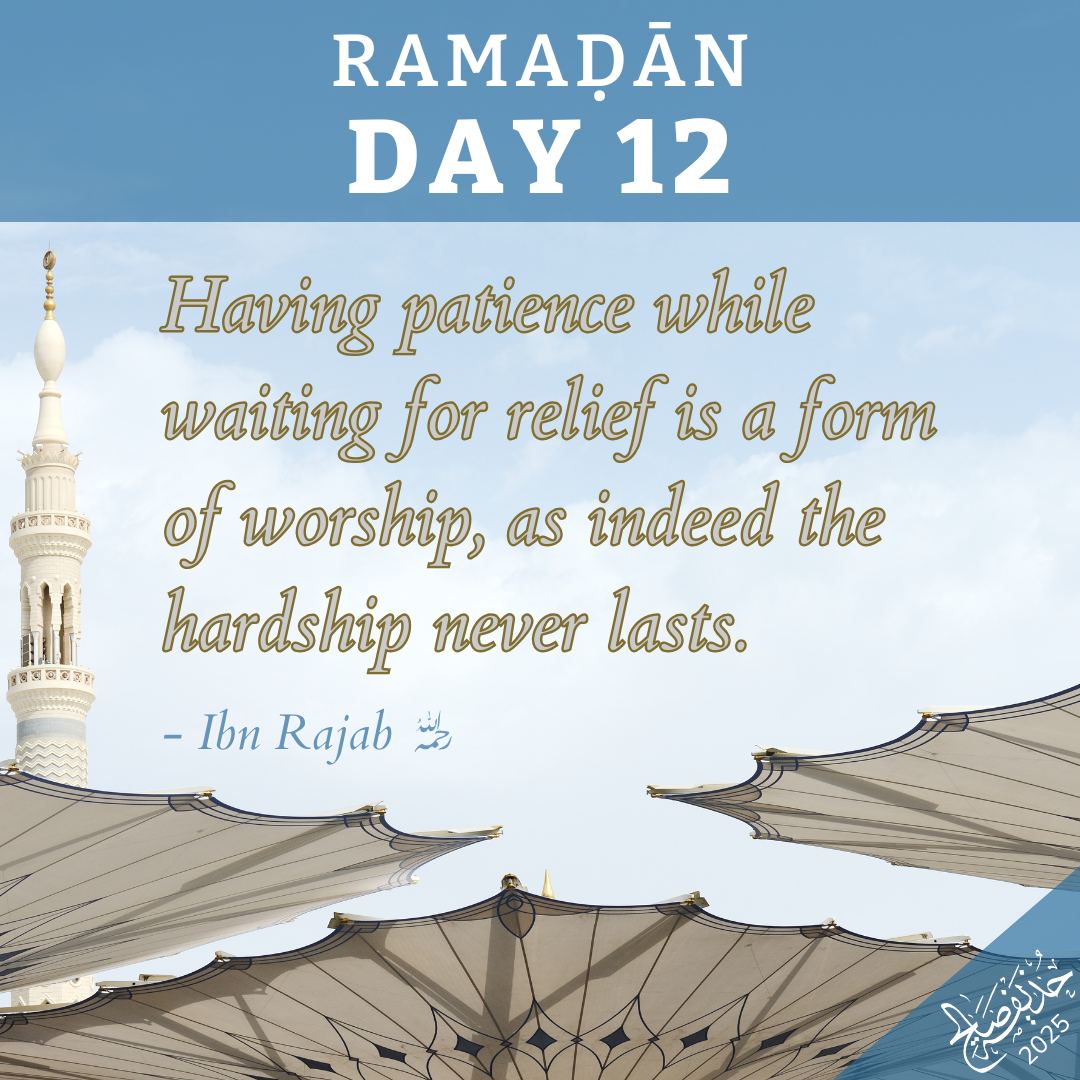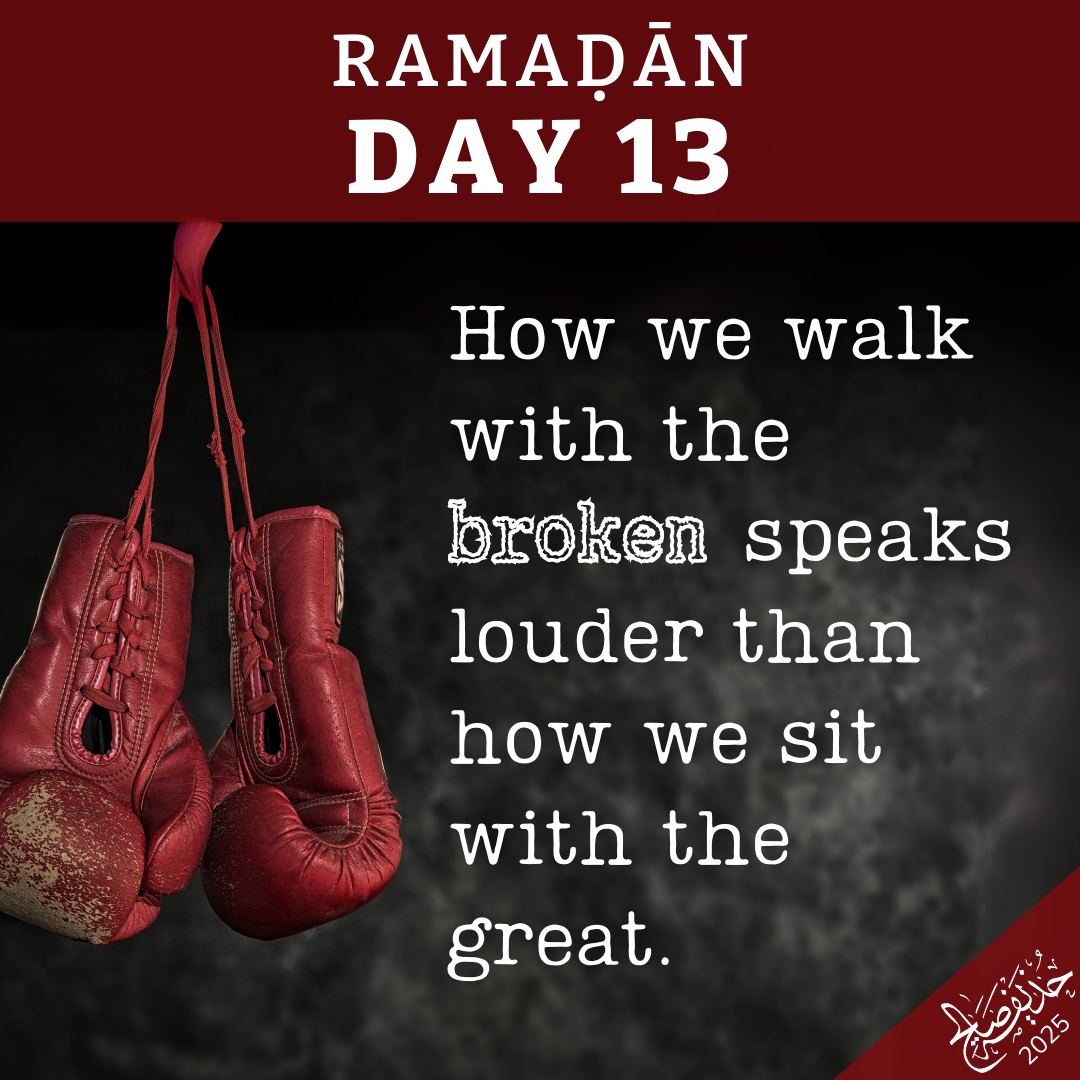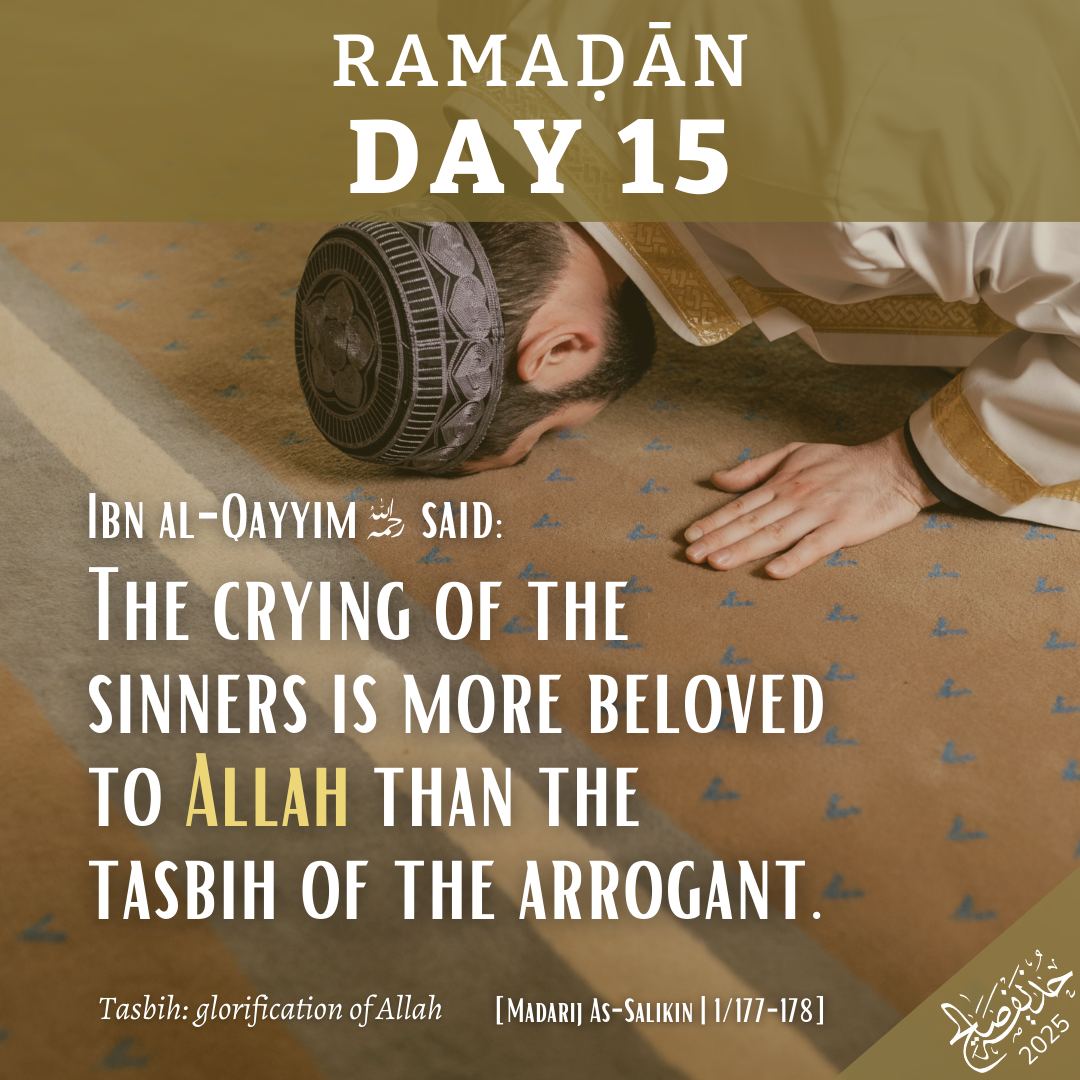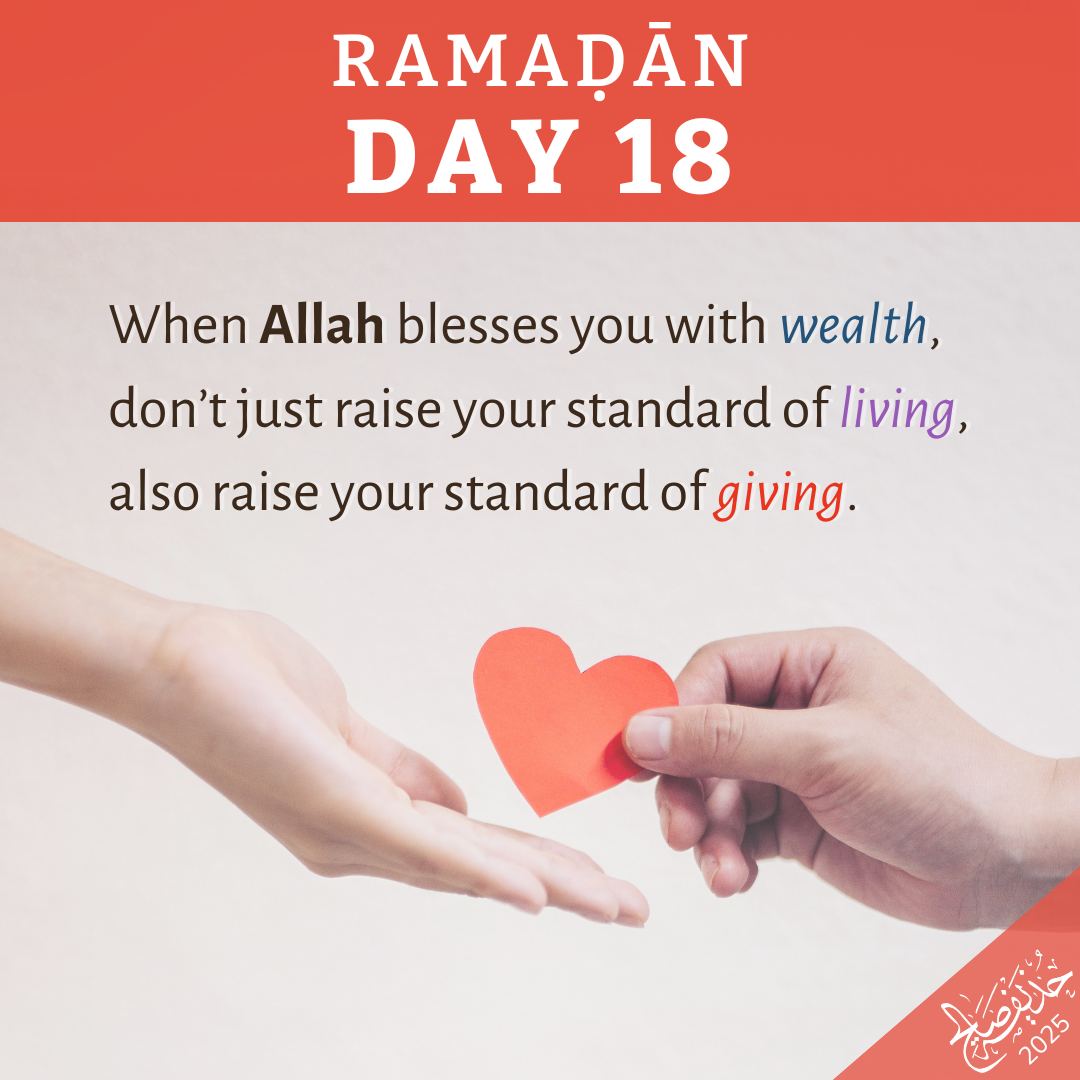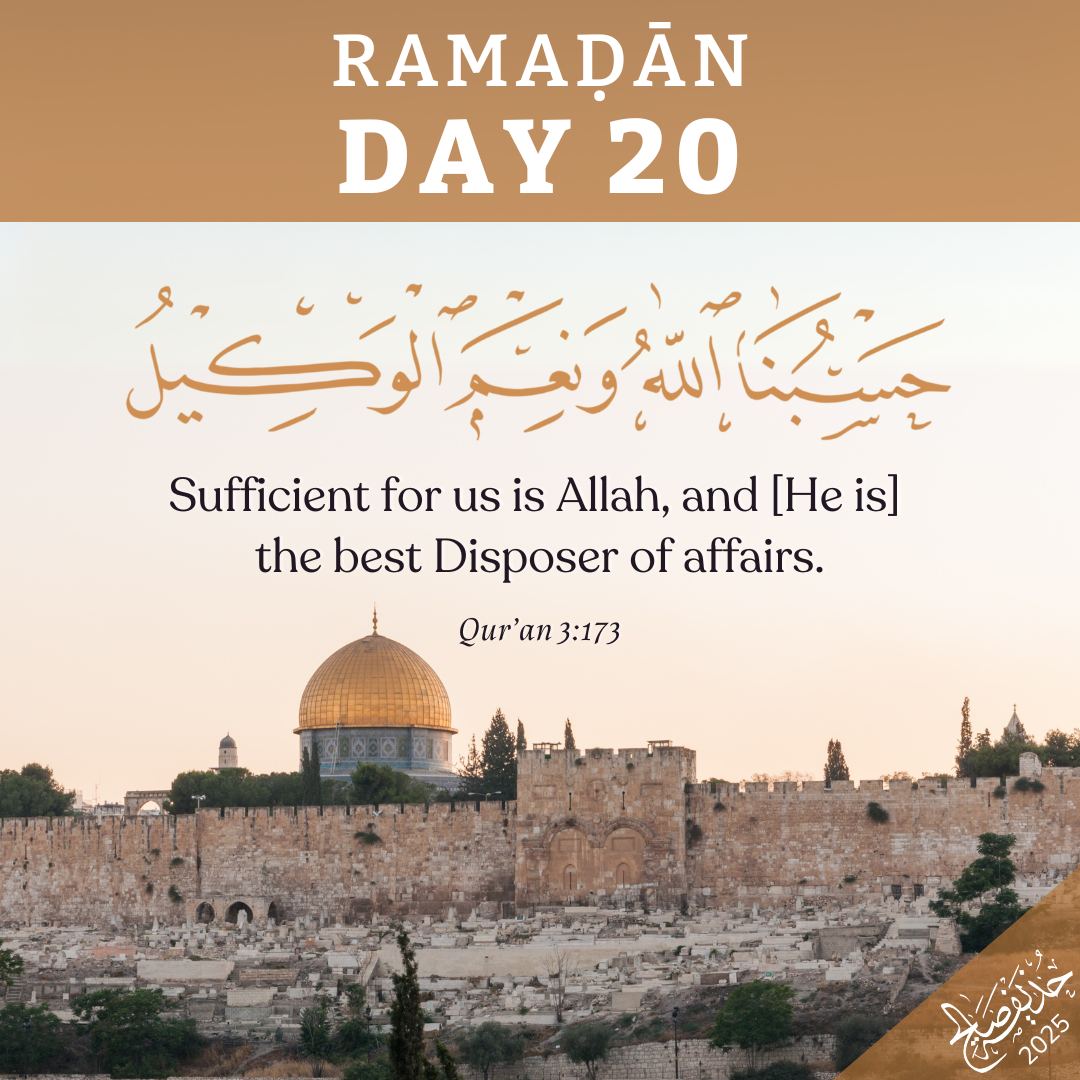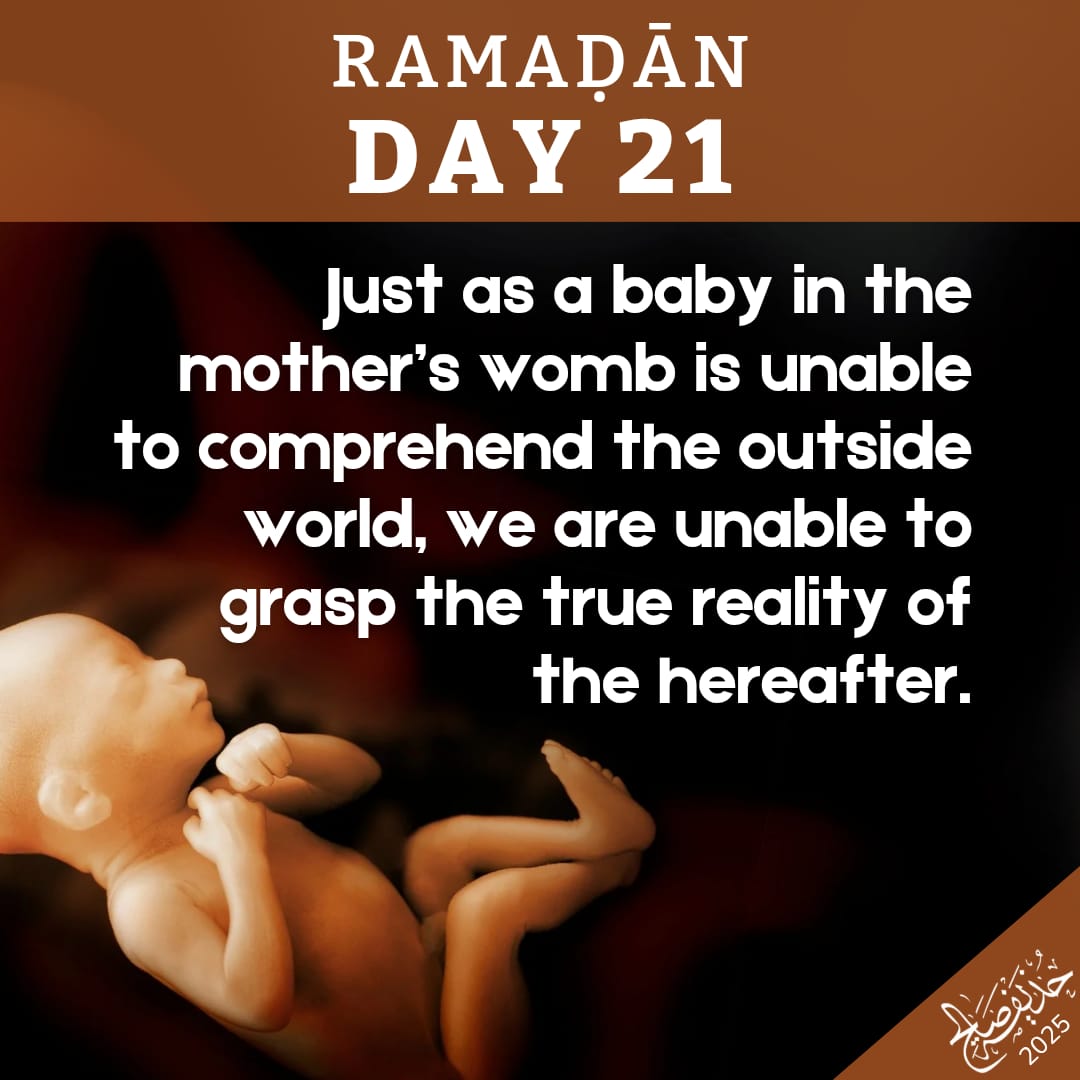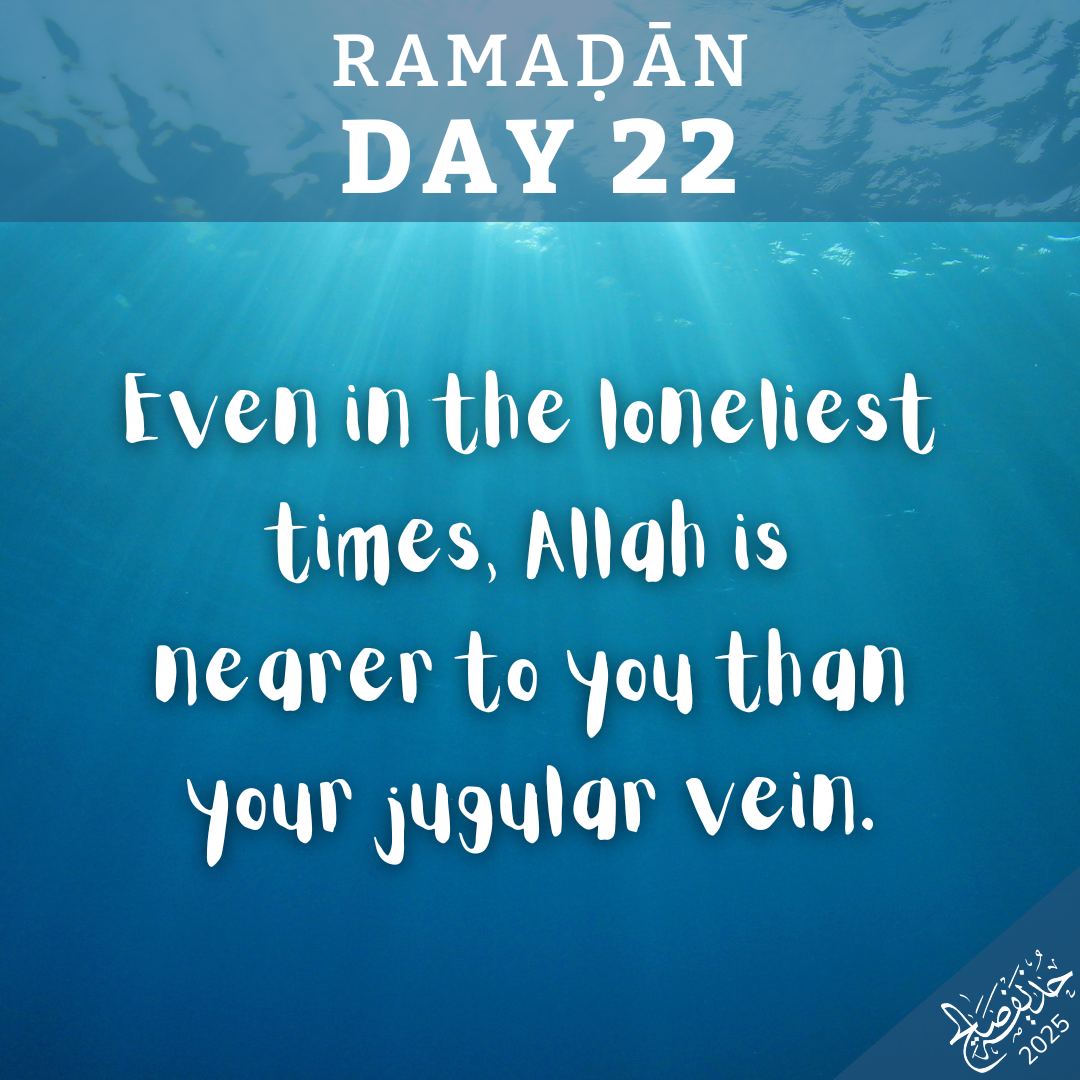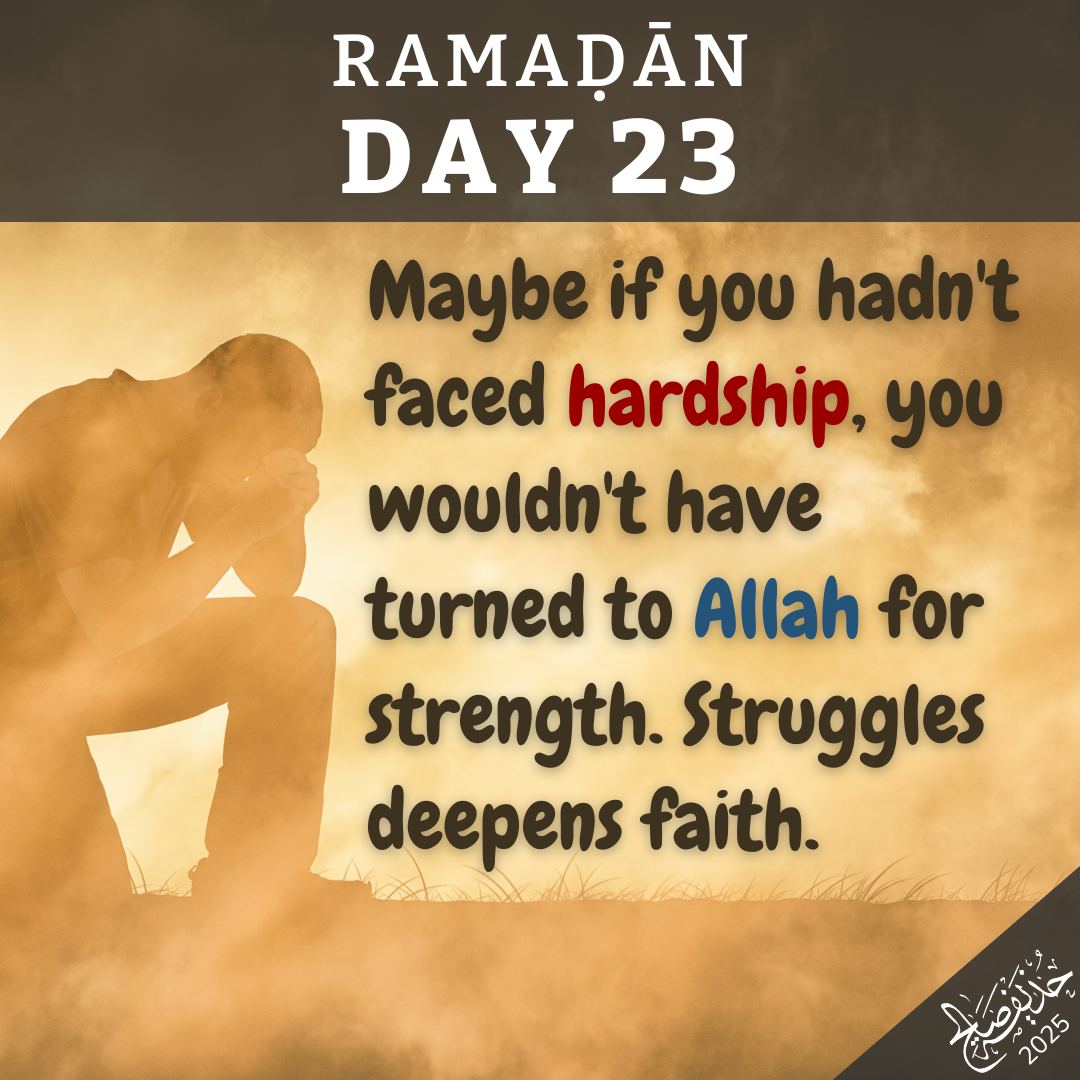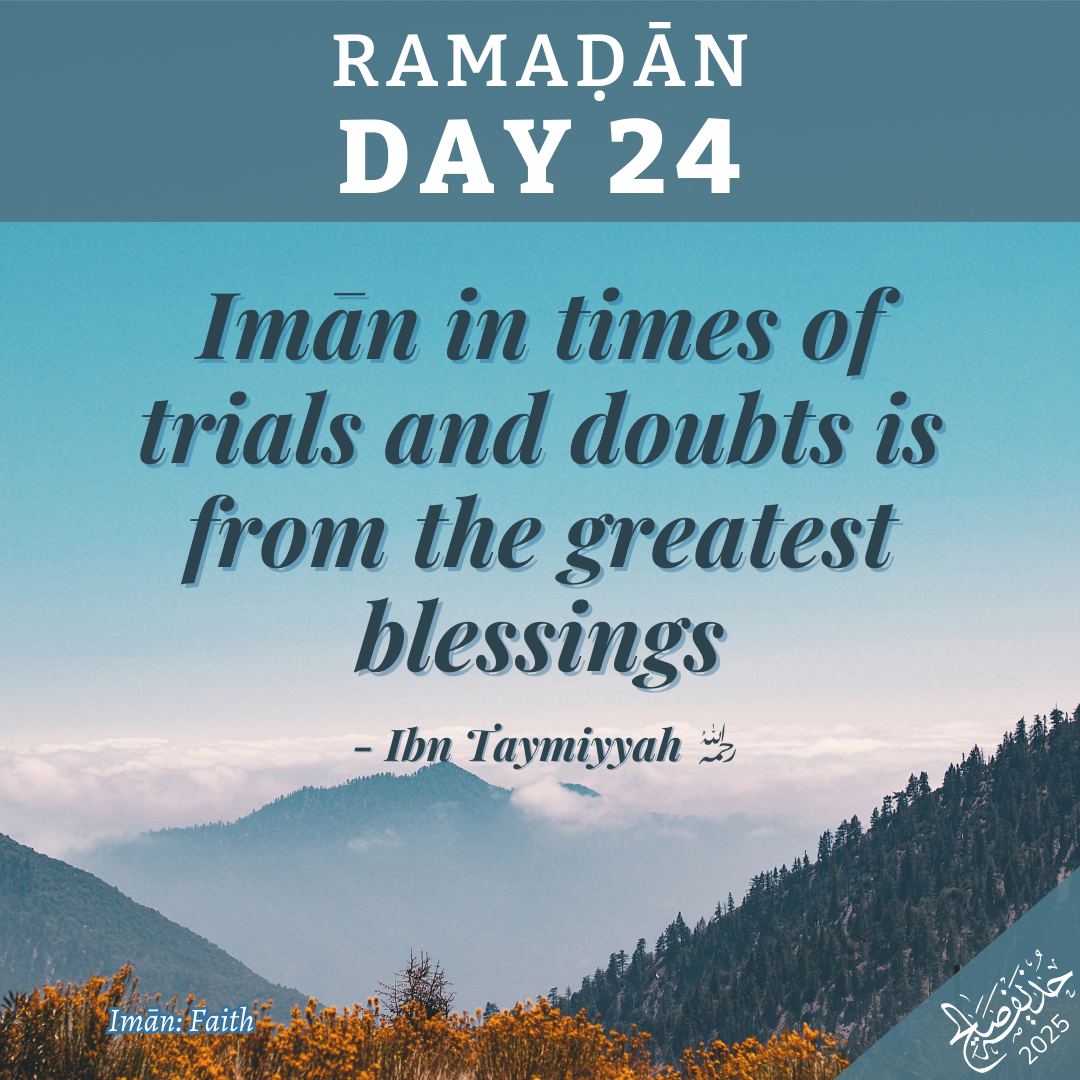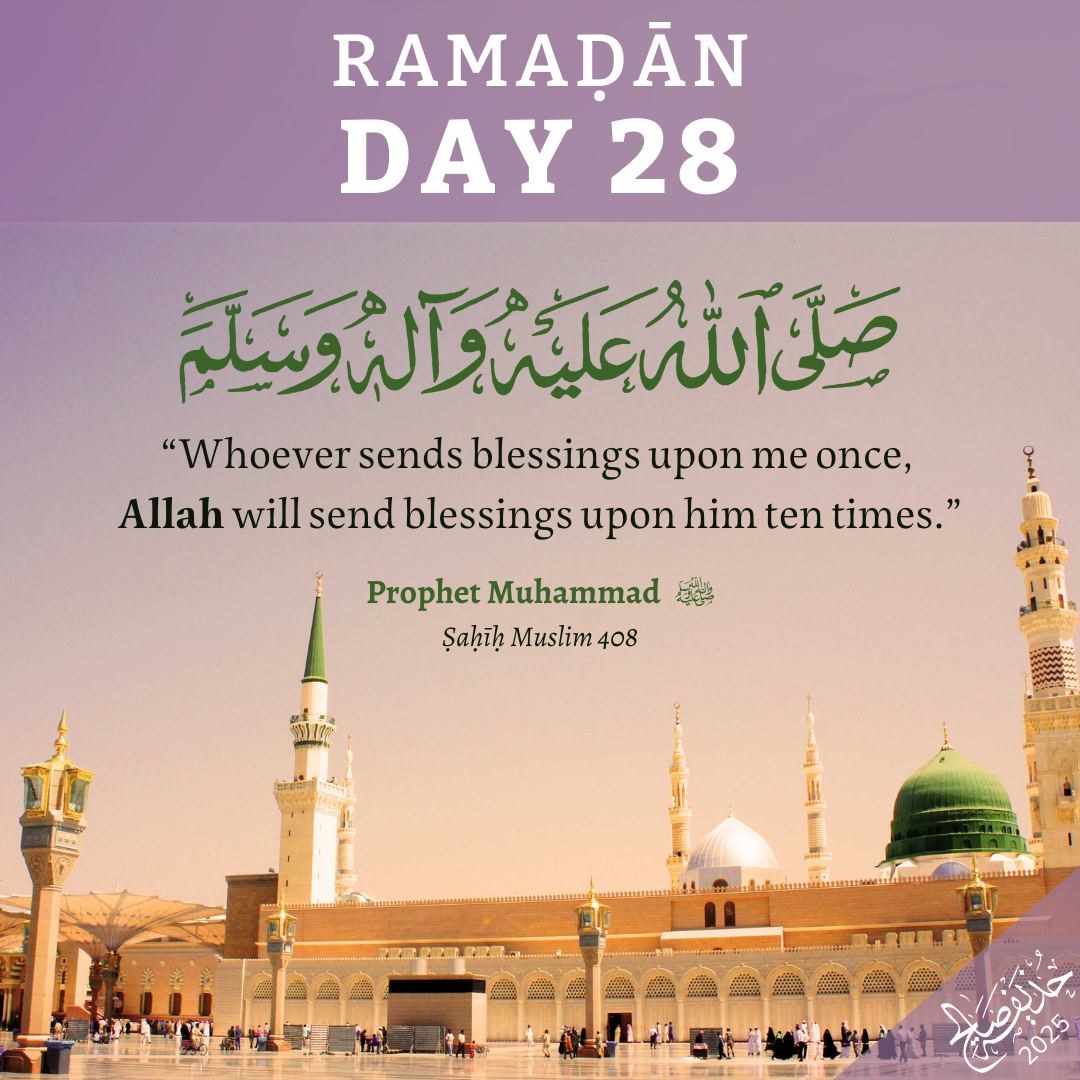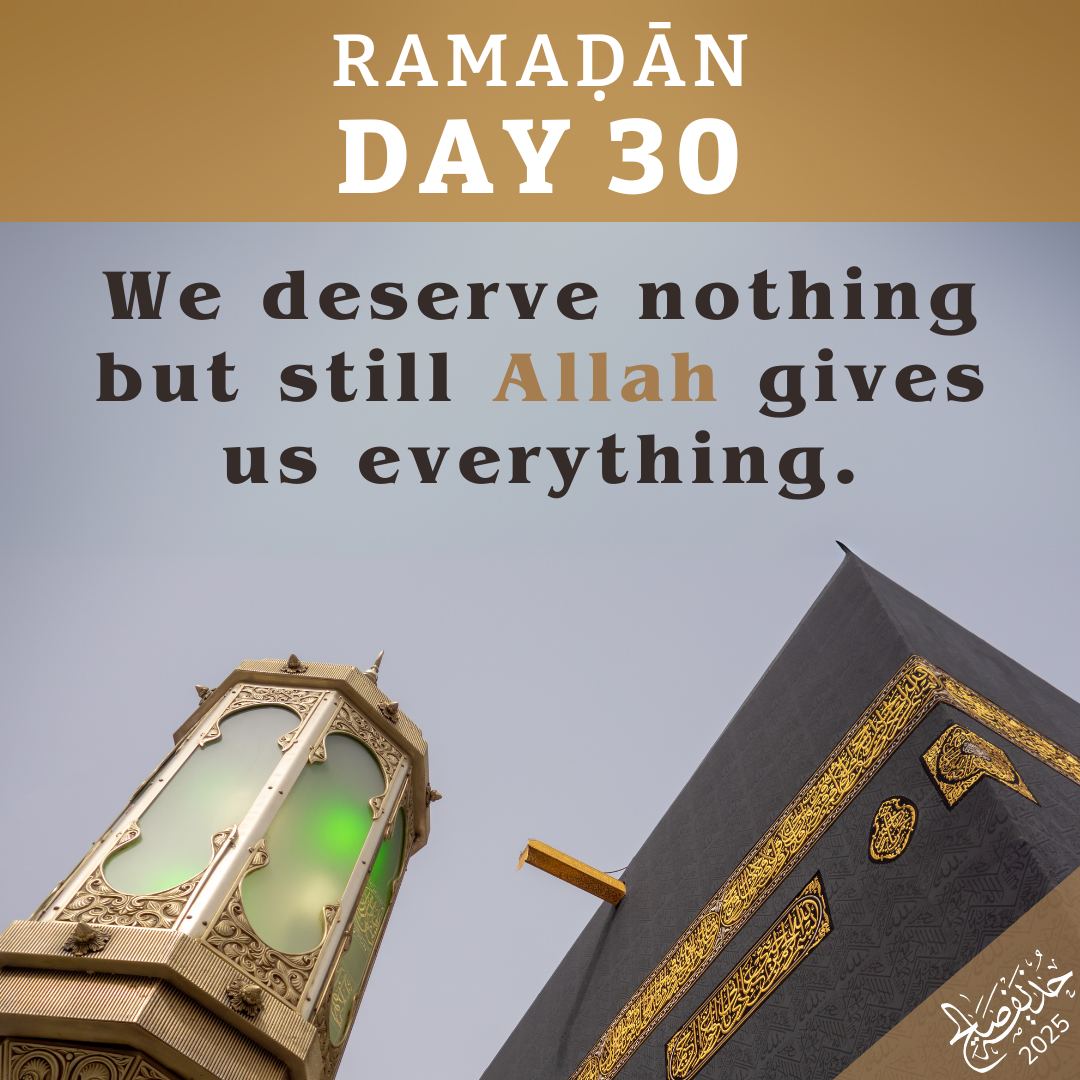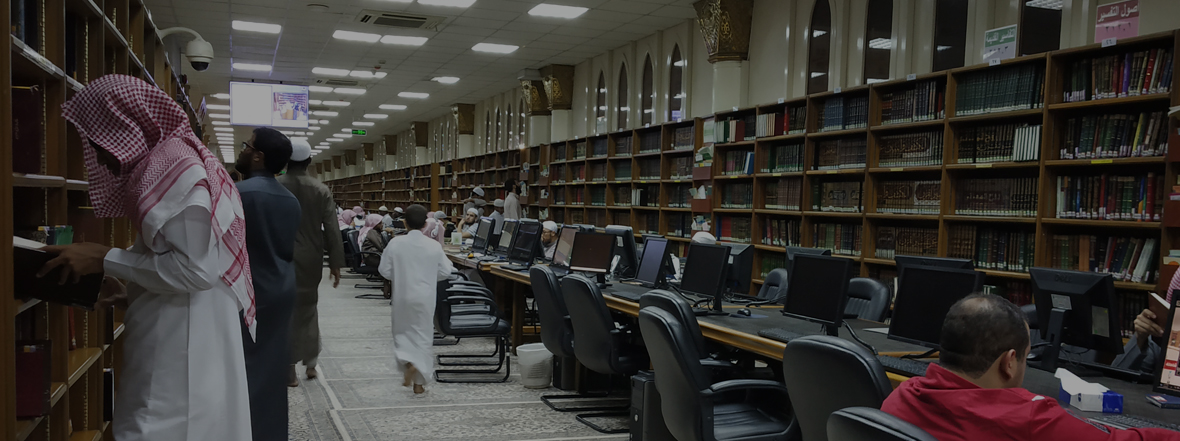 Ibn ʿAbbās (Allah be pleased with him) narrated that there were some people who had killed a lot of people unjustly and had committed a lot of shameful acts. They came to the Messenger of Allāh ﷺ and submitted before him, ‘The religion (Islām) you (ﷺ) invite us to is, no doubt, very good, but we have a problem. We think about all those major sins we have already committed. Now, if we were to become Muslims, do you (ﷺ) have hope that our repentance will be accepted?’ – thereupon Allāh revealed the verse:
Ibn ʿAbbās (Allah be pleased with him) narrated that there were some people who had killed a lot of people unjustly and had committed a lot of shameful acts. They came to the Messenger of Allāh ﷺ and submitted before him, ‘The religion (Islām) you (ﷺ) invite us to is, no doubt, very good, but we have a problem. We think about all those major sins we have already committed. Now, if we were to become Muslims, do you (ﷺ) have hope that our repentance will be accepted?’ – thereupon Allāh revealed the verse:
قُلْ يَا عِبَادِيَ الَّذِيْنَ أَسْرَفُوْا عَلَىٰ أَنفُسِهِمْ لَا تَقْنَطُوْا مِن رَّحْمَةِ اللهِ ۚ إِنَّ اللهَ يَغْفِرُ الذُّنُوْبَ جَمِيْعًا ۚ إِنَّهُ هُوَ الْغَفُوْرُ الرَّحِيْمُ
Say, (O Prophet ﷺ, that Allāh says), “O My servants who have exceeded the limits against their souls! Do not lose hope in Allāh’s mercy, for Allāh certainly forgives all sins. He is indeed the All-Forgiving, Most Merciful.”
[Qurʾān, Sūrah az-Zumar (39), verse 53]
Well before death arrives, sincere repentance made from sins, no matter how serious, even from kufr (disbelief) and shirk (ascribing partners to Allāh) gets accepted. And by the virtue of genuine repentance, all sins will be forgiven (inshāʾAllāh) and no one should lose hope in the mercy of Allāh.
ʿAbdullāh Ibn ʿUmar (Allah be pleased with him) said that out of all the verses of the Qurʾān, this verse (39:53) brings the strongest message of hope for sinners.
[Maʿāriful Qurʾān, Volume 7, Page 573-574]
 The arabic word tawakkul [توكّل] means trust.
The arabic word tawakkul [توكّل] means trust.
The sense is that the believer should have total trust in Allāh, One and Pure, free from all conceivable associations and ascriptions, not simply theoretically but in deeds too and in all states and conditions of one’s life.
In a sound Ḥadīth, the Prophet ﷺ has said that this does not mean that one should abandon material causes and means when it comes to taking care of ones legitimate needs.
The point is that one should not consider material means and instruments as sufficient for real success, instead of which, one should do his best, subject to his ability and courage, to assemble and utilise necessary material means.
It is only after that one should entrust his matter with Allah, believing that He is the One who has created all the means and He is certainly the One who makes means to bear fruits. What would come to be has to be what He has willed.
In another Ḥadīth, the Prophet ﷺ has said ‘Make a moderate effort to procure what you need through material means and then place your trust in Him.’
[Maʿāriful Qurʾān, Volume 4, page 154-155]
Reliance upon Allāh means entrusting one’s affairs to Allāh and relying upon Allāh for the matter at hand as well as all other matters, whether religious or worldly. This is a sign of one’s faith in Allāh and evidence for one’s belief in and implementation of tawḥīd. Relying upon others when only Allāh can help is considered to be a form of shirk.
During times of trauma and difficulty, reliance upon Allāh entails employing the means created by Allāh that are likely to lead to the desired outcome, as long as they are within the limits of the Sharʿīah. At the same time, one should trust in and depend upon Allāh and upon Allāh’s mercy, power and ability to do things. Those who rely upon Allāh do not abandon the means to achieve the end result, nor do they abandon hope in Allāh’s mercy and rely upon themselves instead.
Relying upon Allāh is an act of worship of the heart. It encompasses the understanding that, in reality, there is no helper except Allāh. We may consult others, ask others for their assistance and even pay for their services, but in the end, the only true help comes from Allāh and Allāh is the only One who can save us from the predicaments in which we find ourselves
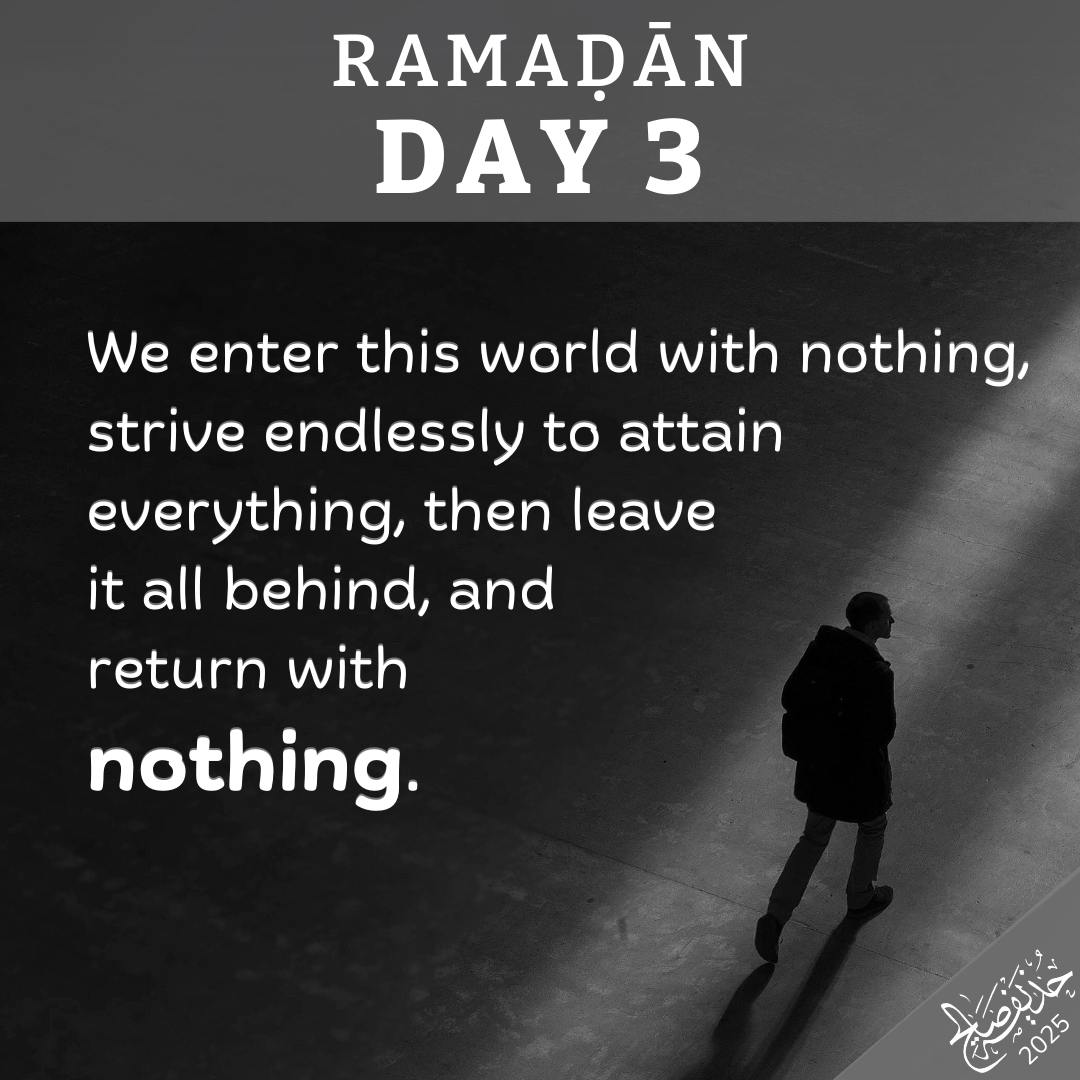 The Messenger of Allah, peace and blessings be upon him, said, “Be in this world as if you were a stranger or a traveler along a path.” [Sahih al-Bukhari 6416]
The Messenger of Allah, peace and blessings be upon him, said, “Be in this world as if you were a stranger or a traveler along a path.” [Sahih al-Bukhari 6416]
This is a very important ḥadīth as it governs how we should be in this life and how we should look at it. This life is a trial, and this ḥadīth reinforces and guides a person in how to deal with the trials of this life.
Ibn Rajab رحمه الله said, “And this ḥadīth is a foundation in having short hopes of this life, for the believer should not take this life as a home for him that he feels tranquil in. Rather, he should be in it like he is about to leave, preparing himself for his departure, and the advice of the Messengers (peace be upon them) and their followers are all in agreement with this idea.”
A few qualities of a stranger are that his main concern will be on focusing his efforts in getting to his homeland, Jannah. He is not content with residency in this life because it is not his home. This doesn’t mean he should be sad, but a believer’s apparent sadness (due to hereafter matters) is in fact his happiness. We are content with the decree of Allāh, but are not content with staying in this dunya.
Ibn Rajab said, “When Allāh created Ādam (peace be upon him), Allāh placed him and his wife in Jannah. Then, they were taken down from Jannah, and promised to return to it along with the righteous from their offspring. Hence a believer is always longing and yearning to return to his first (and original) home.”
Understand the reality of this life and that it is very lowly. Being a stranger comes naturally to whoever is following teachings of the Qur’ān and Sunnah correctly. A believer should live as if he will die tomorrow but plan as if he will live for long. Look at the ill people around you and take heed from their illness and focus on doing more good while you are still healthy.
Understand that your true home is Jannah and you are now here on a trip towards Jannah – InshāAllāh – so ensure you follow the right path so you can reach your goal, and do not waste your time taking with you unnecessary items that will only slow you down and push you further away from real home.
أللهم إني أسألك الجنة و أعوذ بك من النار
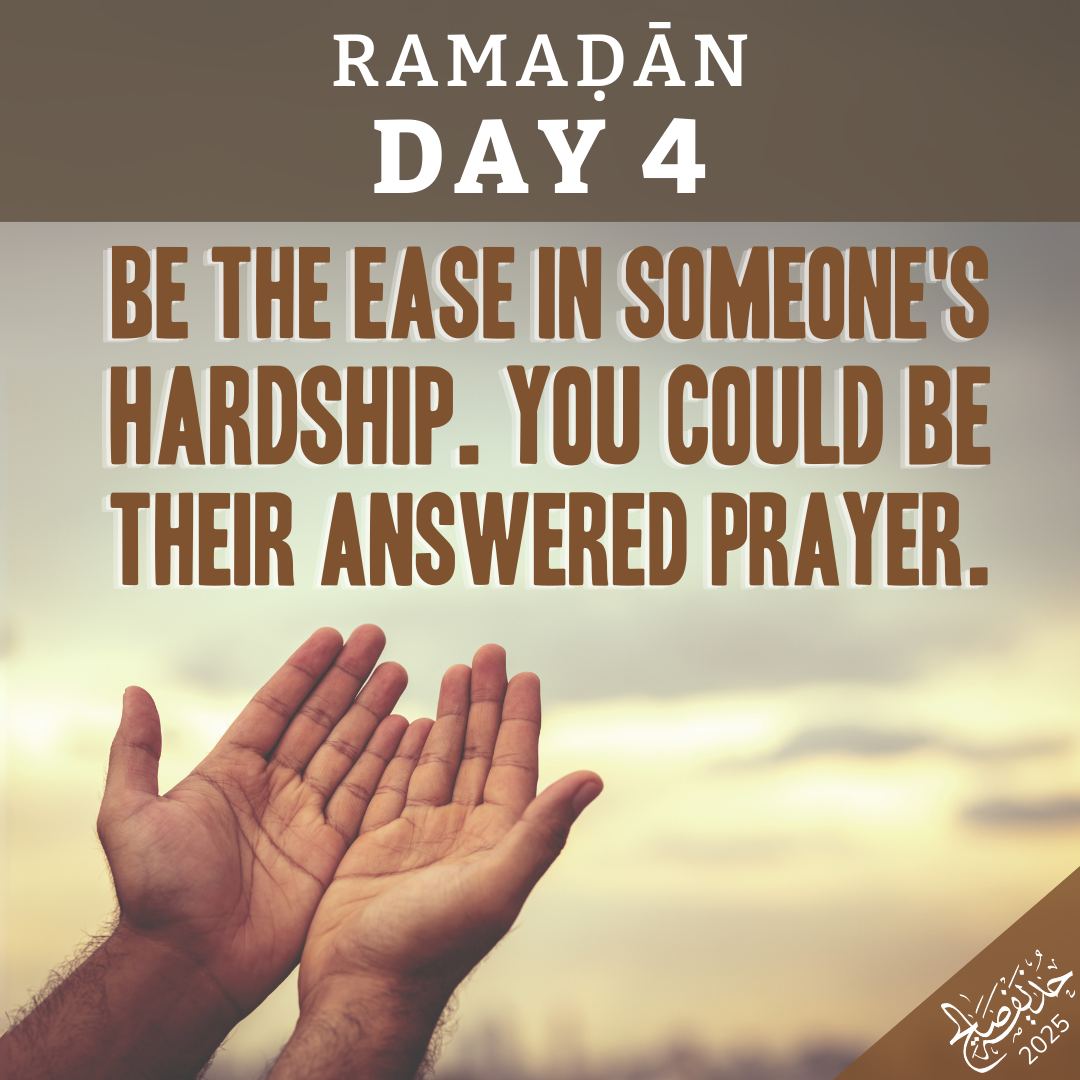
It is customary that the very first ḥadīth a teacher teaches be the ḥadīth ar-raḥmah, which is the following:
الراحمون يرحمهم الرحمن، ارحموا من في الأرض يرحمكم من في السمآء
The Prophet of Allah (peace be upon him) said, “ar-Raḥmān (The Most Merciful) has mercy upon those who show mercy. Have mercy upon those who are on the earth and He who is in the sky will have mercy upon you”.
This Ḥadīth encapsulates a central tenet of Islam – the importance of compassion and mercy, which are seen as the foundations of the faith and should be the guiding principles in all aspects of a Muslim’s life. Therefore, scholars prioritise its teaching to establish a strong ethical base for further learning.
In another Ḥadīth, the Prophet Muhammad (peace be upon him) said, ‘Whoever relieves a believer of a hardship from the hardships of this world, Allah will relieve him of a hardship from the hardships of the Day of Judgment.’ By being a source of comfort and strength for others, we embody the mercy and compassion that Allah loves.
Let us strive to be the hands that lift others, the hearts that understand, and the souls that bring light to someone’s darkness. In doing so, we fulfill our duty as Muslims and draw closer to Allah’s Pleasure.

 Allāh mentions in the Qurʾān,
Allāh mentions in the Qurʾān,
يَا أَيُّهَا الَّذِينَ آمَنُوا اتَّقُوا اللهَ وَقُوْلُوْا قَوْلًا سَدِيْدًا
O you who believe! Be mindful of Allāh and say what is right.
[Qurʾān, Sūrah al-Aḥzāb (33), verse 70]
Immediately after the main guideline of ‘اتقوا الله, fear Allāh’, appears an instruction to start doing something particular. That is, the correction and reformation of one’s speech. Though, this is nothing but a part of Taqwa in itself, yet it is one such part of it that should this come under control, all other remaining components of the comprehensive requirements of Taqwā would start becoming achievable automatically as the verse itself has promised that as a result of making one’s speech truthful and straight, Allāh will correct his deeds.
In other words it means that should you succeed in holding your tongue and avoiding errors of speech and get used to saying that which is correct, straight and right, Allāh will correct every other deed you do and make all of them better. Then, concluding the verse, another promise has been made, ‘يصلح لكم اعمالكم – He will amend for you, your deeds’, meaning one who gains control over his tongue, learns to harness his or her power of speech and becomes used to saying what is true and right, then Allāh will take care of the rest of his or her deeds, have them corrected and made better as well as forgive any errors or slips made therein.
[Maʿāriful Qurʾān, Volume 7, Page 247]
 Every person will taste death. There’s no doubt about it. We were not made for this world. We were all made for the hereafter. This life is merely a passing place waiting for our real destination – in Jannah, InshāAllāh.
Every person will taste death. There’s no doubt about it. We were not made for this world. We were all made for the hereafter. This life is merely a passing place waiting for our real destination – in Jannah, InshāAllāh.
No one can or will escape death. No matter how wealthy and brave you may be. [Wherever you will be, death will overtake you, even if you are in fortified castles. (Qur’ān, Sūrah An-Nisā (4), verse 78)]
While life and death are from Allāh, we have to remember that they are to take place with the permission of Allāh alone. Each one’s life and death is decided by Allāh. You will and are going to return to your Lord. That is definite. What isn’t definite for us is when that will happen. Therefore, it shouldn’t be a trait of a Muslim to be afraid of death, despite all possible defences one may arrange for himself. – Try your best in this world. Allāh will never let your efforts will never go to waste.
Without entering in this world and without leaving this world, we cannot enter Jannah, which is our ultimate goal. We can’t have hope and always pray for the highest of Jannah without tasting death. Death is the only truth this life can promise us. It is a passage to Paradise. Just as you pass through a door and you end up on the other side, or in another room. Similarly, death is a door, you leave this world, and enter into the hereafter. Therefore, it is important that we all remember the death constantly and try our best to prepare for it.
Ḥaḍrat Āishah رضي الله عنها asked the Messenger of Allah ﷺ, “O Messenger of Allāh (ﷺ), shall anyone be resurrected alongside the martyrs?” The Messenger of Allah ﷺ replied, “Yes. He who recalls death 20 times in one day and night.”
[The Remembrance of Death and the Afterlife, Imām Al-Ghazālī رحمه الله, page 9]
 The Tawakkul of Ibrāhīm (ʿalayhis-salām)
The Tawakkul of Ibrāhīm (ʿalayhis-salām)
For many years, Ibrāhīm (ʿalayhis-salām) called his people to pure monotheism: that they turn away from their idols and direct their worship to Allah alone. Ibrāhīm (ʿalayhis-salām) presented them with intellectual arguments and proofs, but they refused to submit to the truth.
When they could not defeat him intellectually, they resorted – as all tyrants do – to using their power and strength. They said, “Burn him up to avenge your gods, if you must act” (21:68).
His community united to kill him. They prepared a huge fire intending to burn not only Ibrāhīm (ʿalayhis-salām) but the truth that he came with. The fire burned fiercely with huge sparks and immense flames. They chained Ibrāhīm (ʿalayhis-salām) onto a catapult to launch him into the inferno and watch his body burn.
As they threw him into the fire, he cried,
حَسْبُنَا اللّٰهُ وَنِعْمَ ٱلْوَكِيْلُ
Allah is sufficient for us and He is the best Protector (Wakīl).
The response of al-Wakīl was swift: “O fire! Be cool and safe for Ibrāhīm!” (21:69). Imām Ṭabarī writes, ‘And there was not a fire left on earth that was not extinguished.’
Allah (ʿazza wa jall) says, “And they wanted to harm him, but We made them the worst losers” (21:70).
What was it that allowed Ibrāhīm (ʿalayhis-salām) to stand before a blazing furnace and impending death, yet still know with full certainty that he was going to be fine? It was tawakkul. A firm understanding that al-Wakīl, and none other, possesses complete control over his life. He was certain that nobody could harm him except by Allah’s permission, and that the one who placed his trust in al-Wakīl had little to worry about.
[Life With Allah]
 These reassuring words remind us of Allah’s infinite power and compassion. No matter how shattered our lives may seem, no matter how insurmountable our challenges appear, Allah’s wisdom and mercy can restore and heal. With unwavering faith, we surrender our burdens to Him, trusting that His plans are always for our greatest good.
These reassuring words remind us of Allah’s infinite power and compassion. No matter how shattered our lives may seem, no matter how insurmountable our challenges appear, Allah’s wisdom and mercy can restore and heal. With unwavering faith, we surrender our burdens to Him, trusting that His plans are always for our greatest good.
May this divine reality bring solace to our hearts and strength to our spirits, guiding us through life’s trials and uncertainties.
 When we encounter someone making a mistake or committing a sin, our first instinct may be to react immediately, often in a way that draws attention to their error. However, the teachings of Islam remind us to approach such situations with mercy, wisdom, and sincere concern for the individual’s dignity. As Al-Shafi’i (may Allah have mercy on him) beautifully said, “Whoever admonishes his brother in private has been sincere to him and protected his reputation. Whoever admonishes him in public has humiliated him and betrayed him.” This profound statement emphasises the importance of preserving a person’s honour while guiding them towards what is right.
When we encounter someone making a mistake or committing a sin, our first instinct may be to react immediately, often in a way that draws attention to their error. However, the teachings of Islam remind us to approach such situations with mercy, wisdom, and sincere concern for the individual’s dignity. As Al-Shafi’i (may Allah have mercy on him) beautifully said, “Whoever admonishes his brother in private has been sincere to him and protected his reputation. Whoever admonishes him in public has humiliated him and betrayed him.” This profound statement emphasises the importance of preserving a person’s honour while guiding them towards what is right.
The example of the Muhammad (peace be upon him) with the Bedouin man who urinated in the mosque is a timeless lesson in handling such situations with grace. Instead of publicly shaming the man, the Prophet (peace be upon him) stopped the people from rebuking him, allowed him to finish, and then gently advised him in private. He also ensured the mosque was purified afterwards. This approach not only corrected the mistake but also preserved the man’s dignity and made him more receptive to the advice.
This teaches us that correcting others should never be about exposing their faults or humiliating them. Rather, it should be rooted in love, wisdom, and a genuine desire to help them improve. Sometimes, the best course of action is to remain silent, pray for their guidance, and trust that Allah will soften their hearts. As the Prophet (peace be upon him) demonstrated, knowledge and wisdom are essential in dealing with others, especially when they are unaware of their mistakes.
Let us strive to be like the Prophet (peace be upon him) and the righteous scholars who came after him—those who corrected others with mercy, protected their reputations, and prioritised their well-being over public judgment. May Allah grant us the ability to advise others with sincerity and wisdom, and may He guide us all to what is best. Ameen.
 “Let not a delay in the timing of a gift [response to your prayers] – despite persistence and firm continuance in making du’a – be a cause of despair. For Allāh has promised you a response, “Call upon Me and I will respond to you” (40:60) – in the time that Allāh chooses and not you. For He knows what is better for you than you do. Allāh has guaranteed you a response in the time that Allāh chooses, not in the time of your choice.
“Let not a delay in the timing of a gift [response to your prayers] – despite persistence and firm continuance in making du’a – be a cause of despair. For Allāh has promised you a response, “Call upon Me and I will respond to you” (40:60) – in the time that Allāh chooses and not you. For He knows what is better for you than you do. Allāh has guaranteed you a response in the time that Allāh chooses, not in the time of your choice.
An author writes, “Sometimes Allāh gives while depriving you, and sometimes Allāh deprives while giving to you.” Sometimes, Allāh’s withholding from you is, in reality, a form of giving.
Ḥaḍrat Mūsā عليه السلام made a du’ā to Allāh against Fir’aun and his followers (Qur’ān, 10:88) which got answered 40 years later. Not straight away. Why? Because Allāh has perfect timing and only Allāh knows best when that is.
Maybe Allāh is delaying a response to your prayers because Allāh loves to hear your voice whilst calling out to Him.
Maybe Allāh is delaying a response because Allāh wants you to reach a certain status in Jannah which you can’t achieve just by your deeds so Allāh is testing you in different ways so you may become successful.
Patience and avoiding hastiness befits the servant. Do not lose hope in your du’ās as they are a weapon of a believer.
The Messenger of Allāh ﷺ has said: “The du’ā of any one of you will be answered so long as he is not impatient and says, ‘I made du’ā but it was not answered.” [Ṣaḥīḥ Muslim]
Allāh has perfect timing; never early, never late. It takes a little patience and faith, but it’s worth the wait.
